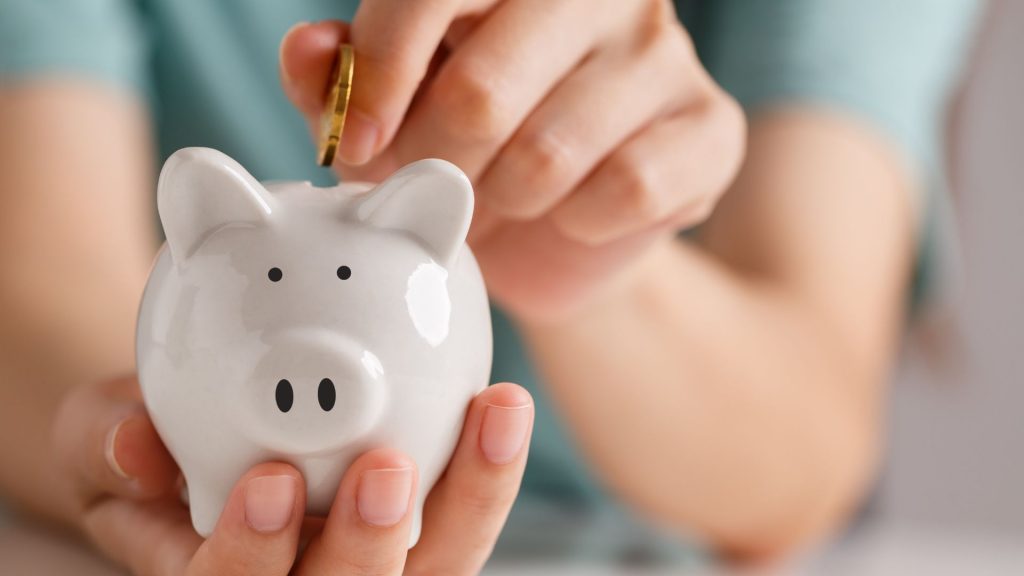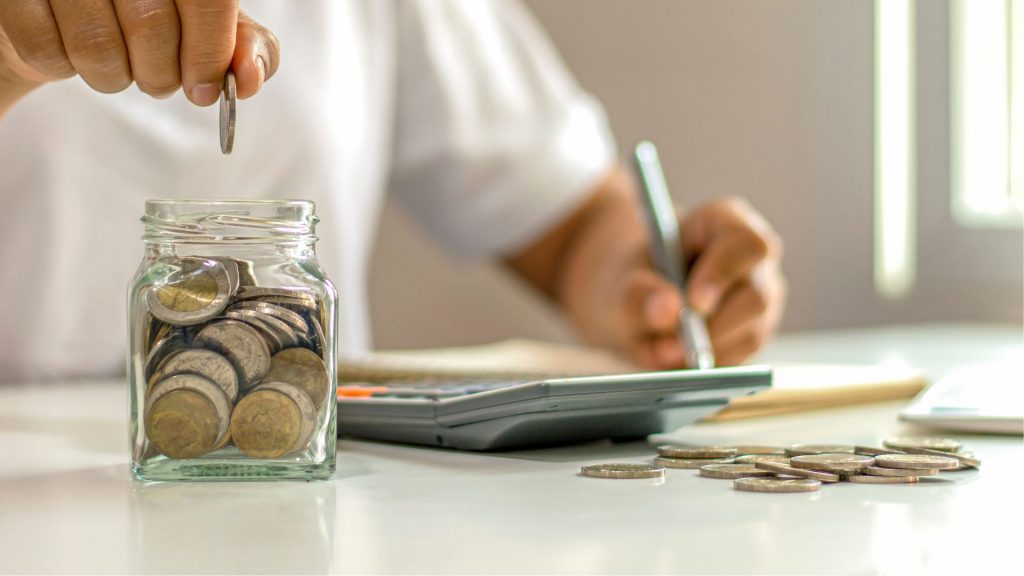
Why Do We Need an Emergency Fund?
In the unpredictable journey of life, having a financial safety net can make all the difference. This is where an emergency fund comes into play. It’s a crucial aspect of personal finance that everyone should prioritize, yet many overlook. In this blog, we will decode the concept of an emergency fund, why it is essential, and how you can start building one today.

What is an Emergency Fund?
An emergency fund is a sum of money set aside to cover unexpected expenses such as medical emergencies, car repairs, sudden job loss, or unexpected home repairs. The primary purpose of an emergency fund is to provide a financial buffer that keeps you from relying on credit cards or loans, which can lead to debt.

Why Do You Need an Emergency Fund?
- Financial Security: An emergency fund ensures you are prepared for unforeseen circumstances.
- Avoiding Debt: It helps you avoid high-interest debt from credit cards or loans.
- Peace of Mind: Knowing you have a financial cushion reduces stress and anxiety.
- Job Security: In case of sudden job loss, it covers living expenses until you find new employment.

How Much Should You Save?
The amount you need in your emergency fund depends on your personal circumstances. A general rule of thumb is to save three to six months’ worth of living expenses. Consider factors like employment stability, dependents, and monthly expenses.

How to Build an Emergency Fund
- Set a Goal: Determine how much you need based on your monthly expenses.
- Create a Budget: Identify areas where you can cut back to contribute to your fund.
- Automate Savings: Set up an automatic transfer to your emergency fund savings account.
- Prioritize Your Fund: Treat your emergency fund as a non-negotiable expense.
- Start Small: Begin with smaller goals, like $500, to build confidence.
- Use Windfalls: Boost your fund with bonuses, tax refunds, or unexpected income.
- Separate Account: Keep your fund in a separate, easily accessible savings account.

When to Use Your Emergency Fund
Use your emergency fund strictly for genuine emergencies like medical expenses, job loss, essential home or car repairs, and urgent travel for family emergencies. Avoid using it for non-urgent expenses like vacations or impulse purchases. After using your emergency fund, prioritize rebuilding it as soon as possible. Resume automated transfers and adjust your budget to replenish the fund to its original level.
An emergency fund is a cornerstone of financial stability. It provides security, peace of mind, and flexibility to handle life’s unexpected challenges without falling into debt. By understanding its importance and implementing a disciplined savings strategy, you can build a robust emergency fund that safeguards your financial future.
Start today, set your goals, create a budget, and take the first step towards financial resilience.
